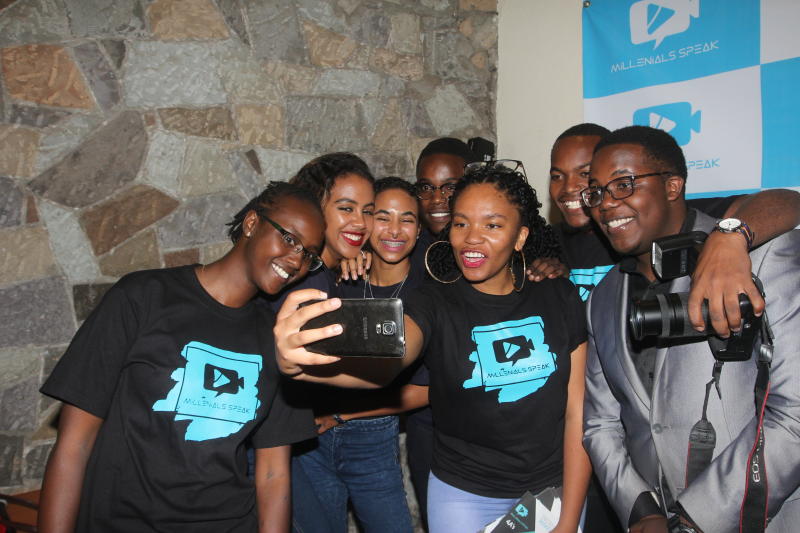×
The Standard e-Paper
Fearless, Trusted News

The changing face of employment and human resource practices at the work place has become so radical that employers are now devising new methods of coping with a young, restless workforce, commonly called millennials.
Generally, millennials are those born in the 1980s and 1990s, which means the oldest members of the generation - also known as Generation Y - began entering the workforce in the late 1990s and early 2000s.